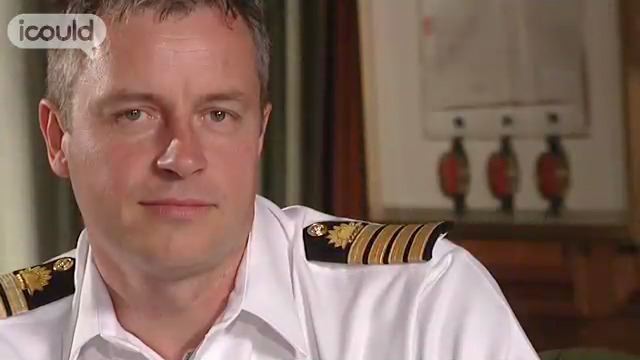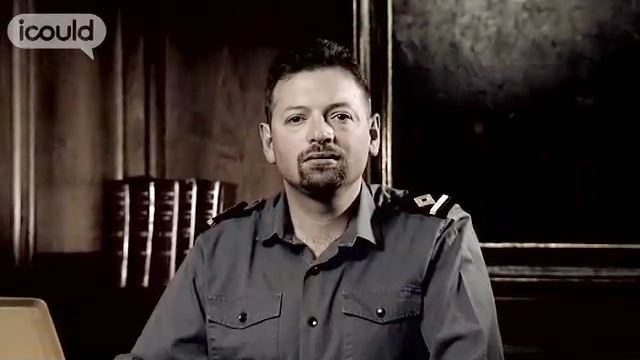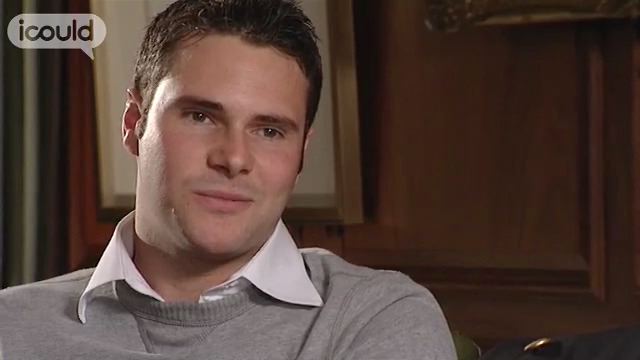Engineering Officer
Royal Fleet Auxilliary
Gary R
00:00:03 My name’s Gary R, I’m an Engineering Officer, and I work for the Royal Fleet Auxiliary. The Royal Fleet Auxiliary supplies and supports the Armed Forces around the world. We’ve got ships that can transport ships, tank, machinery. We’ve also got ships that carry stores, ammunition.
00:00:29 The most interesting aspect of being an engineer, is the sense of achievement which happens – team work – that happens on board when you have a problem, there’s more than one person who’s more than willing to give a hand. It’s the achievement of keeping the ship running. Just the pride of doing a job correctly.
00:00:58 This was my way of seeing the world. My Granddad was in the Royal Navy in the Second World War, and that sort of got me thinking that I’d want to go away to sea. At school that’s all I ever thought about, that’s all I ever wanted to do, was go away to sea.
00:01:16 I got my first – my first job was with Shell, in 1987, and I was a Deck Boy, I wasn’t an Engineer, and I had 13 weeks of Sea School in Gravesend in Kent. It was – it was a horrible place, I couldn’t wait to leave. I know people live in Gravesend, but I hate the place. Only for that reason of the Sea School. It’s – I joined my first ship in Brazil. I flew out to Rio de Janeiro at 17, in 1987. And it was – it was a new experience, it was great. But we got to the hotel – we didn’t want to leave the hotel so – we seen the statue of Christ and wow that was great, and thought, we’ll get back. I’ve never been back since!
00:02:13 As the years went past, and seeing the Officers, the Engineers, I wanted to move up. When I was an AB I had a Radio Officer who said to me I’d never be an – I’d never be an Officer. I say – I just – yep, I will be, you know, I will. It’s just determination, and not actually stopping, not throwing the towel in. And just giving it your best shot, working hard, and asking for advice. And Shell gave me the opportunity to improve. I left school with just a couple of lower level GCSEs and CSEs, and when I got the opportunity to do the year at Glasgow Nautical College, I jumped – I jumped at it. And it’s – that was a pivotal moment in my career, doing the Ratings to Officer course, and it’s opened a lot more horizons, a lot more jobs.
00:03:25 In 21 years it’s had its ups, it’s had its downs, I’ve seen a lot and I’ve lived a lot. It’s been great, it really has. The only drawback is when you start getting a family, young kids. But for a young lad, I went and seen the world. Still not been to Australia though, still not been to New Zealand, or Russia. Been to a lot of other places, but it’s been really, really good.
00:03:55 ENDS
Gary R is an Engineering Officer in the Royal Fleet Auxilliary. He has worked his way up from being a deck boy. He was helped by Shell, who sent him on a Ratings to Officer course. “I jumped at it… That was a pivotal moment in my career.”








